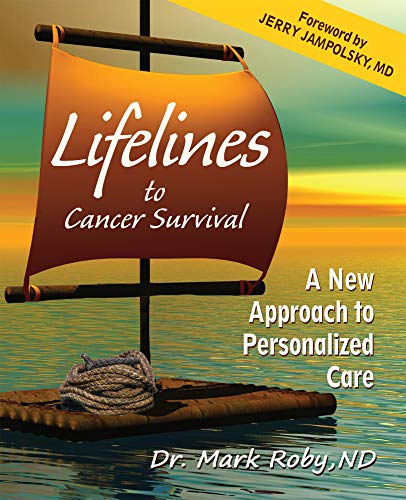From day one, when I got hit with the devastating news, I knew the only way I would survive would be to use an integrative, personalized approach. My situation was dire and the prognosis was grim. At the time of my diagnosis, there were only 125 other patients around the world registered in the internet group HEARD, meaning they all had the same type of cancer I was battling. Even though many patients in this group had a low-grade histological diagnosis, one by one they started dying off. Regardless of what I was being told by so called experts, I did not plan on ending up a statistic.
Talking to many of my fellow survivors while on their death beds really motivated me to research my tumor type and find targets I could hit nutritionally and conventionally. I researched everything I could about rare sarcomas and their microenvironments. Ninety percent of my free time was spent learning how to attack inflammation, angiogenesis, and other targets. I always took my research to my oncology appointments so I could share it with my clinicians. I also had a number of phone consults around the U.S. and Europe that allowed me to gain a new perspective.
I was repeatedly rejected for liver transplants by numerous hospitals in the Mid-west, however, as I stated before, my early research paid off. Liver transplant surgeon Dr. John Fung, ( The Cleveland Clinic ) whom I had reached out to starting in 2003, eventually became the head of his department and helped approve my lifesaving liver transplant in 2009. I originally found Dr. Fung in a clinical study of patients with my tumor type. I kept in contact with him annually and started visiting his office two years before my actual transplant.
One thing that impressed me about Dr. Fung was that he had coauthored some scientific articles regarding liver transplants and rare sarcomas. More-over, Dr Fung and his staff at the Cleveland Clinic would always give me a my partner Kathleen excellent care, attention and hope. He would go over each scan and test with us while discussing the risks and benefits of the potential transplant. Not only that, Dr Fung and the staff allowed me to talk with a number of transplant patients about their treatment experiences and outcomes.
Reimagine Cancer Survival
Cancer patients need answers and need them now! Instead of being complacent and quiet, individuals facing grim odds need to look outside of the box. All of us, including patients and clinicians, need to see cancer survival differently. We are told that cancer is a disease of genetic aberrations. I say no! ( Not Strictly) Malignancies are a very complex group of cells, tissues and environments that are built to destroy mankind. Distinctive characteristics such as inflammation, angiogenesis along with certain fuels, drive the growth of most cancers. Additionally, because of this complexity, many patients with similar malignancies, will not respond the same to any agent, in the clinical setting. There are many biological influences, that are ignored, and need to be addressed .
The takeaway: Start seeing things differently! Stop being complacent and take back your life! You can rise above this. There is a way though it. You can survive!

